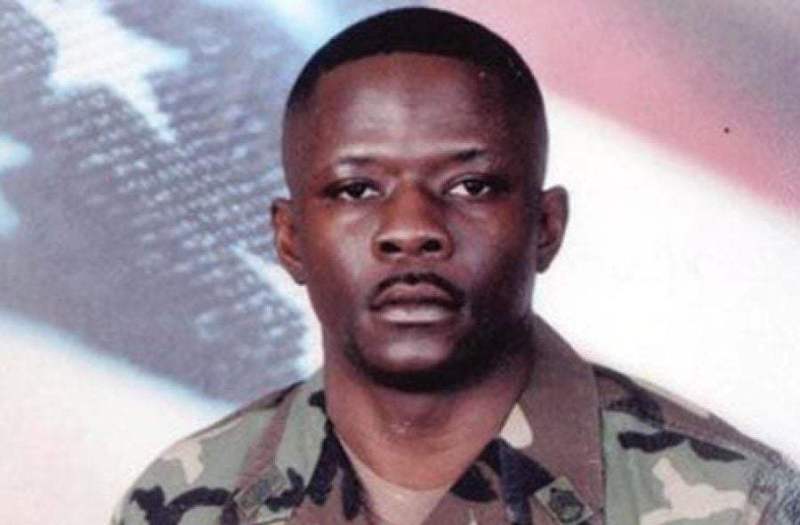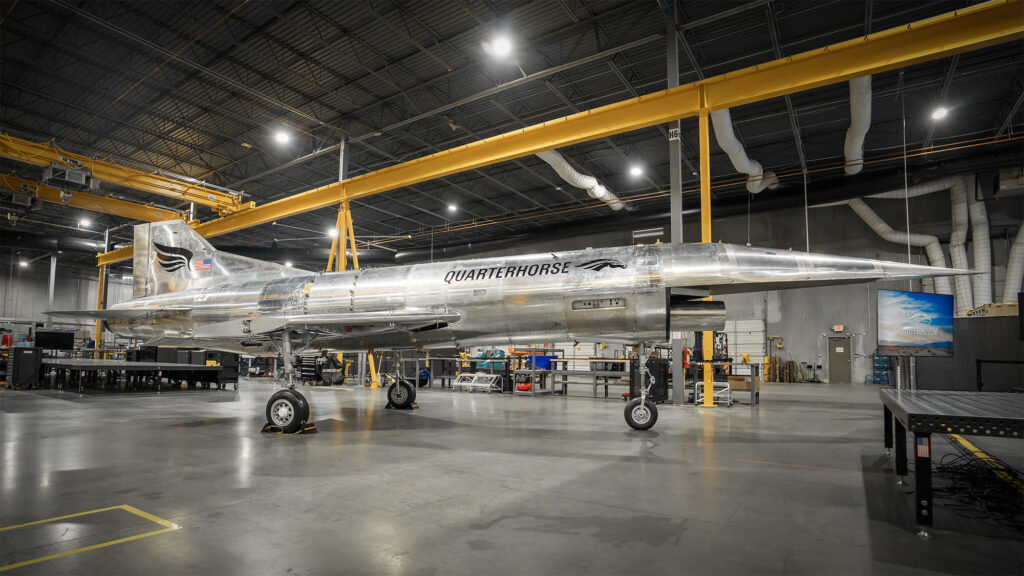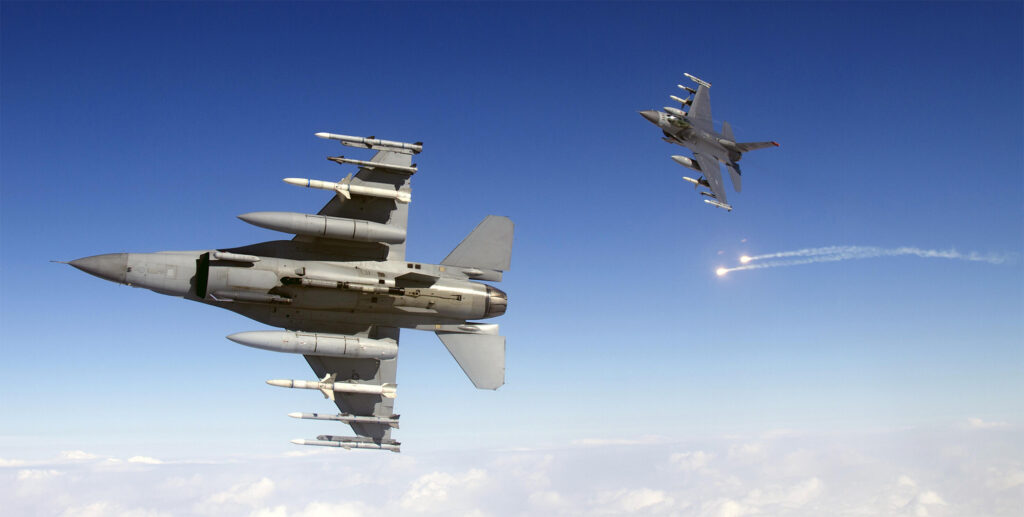This article by Steve Balestrieri originally appeared on SOFREP
The U.S. Senate approved today a bipartisan bill (H.R. 8276) introduced by U.S. Representatives Stephanie Murphy (D-Fla), Dan Crenshaw (R-Tex), and Michael Waltz (R-Fla) authorizing the President of the United States to posthumously award the Medal of Honor to U.S. Army Sergeant First Class Alwyn Cashe for actions in Iraq on October 17, 2005.
The bill will waive a federal law that generally requires a Medal of Honor to be awarded within five years of the actions that form the basis for the award. The bill, which had passed the U.S. House of Representatives on September 22, will now be handed to the President to be signed into law. Once the President signs it, the Department of Defense will be in a position to formally recommend to the President that he award SFC Cashe the Medal of Honor.

“I am so grateful the Senate passed our bill to pave the way for the President to award Alwyn Cashe the Medal of Honor,” Rep. Murphy said. “We are now very close to recognizing this unbelievably heroic soldier, who died saving his men, with our nation’s highest award for combat valor — which he earned beyond a shadow of a doubt.”
“We are one step closer to properly recognizing Sergeant First Class Alwyn Cashe for his bravery in risking his own life to save his fellow soldiers,” Rep. Crenshaw added. “He is deserving of the Medal of Honor, our nation’s highest military award for bravery on the battlefield, and we urge President Trump to quickly sign our bill into law to make sure that happens.”
“It’s not every day you read an extraordinary story like Alwyn Cashe’s,” Rep. Waltz said. “His bravery in the face of danger has inspired so many already — and this is a significant step forward to properly recognize him for his heroism. I’m incredibly proud to see both sides of the aisle, in the House and the Senate, come together to honor Cashe’s legacy and award him the Medal of Honor.”
Reps. Murphy, Crenshaw, and Waltz filed their bill following an August 24, 2020 letter sent to them by the Secretary of Defense sent, responding to an October 2019 letter he had received from the three Members of Congress. The Members had asked senior Pentagon leaders to review SFC Cashe’s case and had expressed their view that SFC Cashe’s actions warranted an upgrade from the Silver Star to the Medal of Honor.
In his response, the Secretary of Defense stated: “After giving the nomination careful consideration, I agree that SFC Cashe’s actions merit award of the Medal of Honor. Before we can take further action with this nomination, Congress must waive this [five-year] time limit. Once legislation is enacted authorizing the President of the United States to award, if he so chooses, the Medal of Honor to SFC Cashe, I will provide my endorsement to the President.”
On October 17, 2005, U.S. Army Sgt. 1st Class Alwyn C. Cashe, was on a combat patrol in Samarra, Iraq. As an Alpha Company platoon sergeant from Forward Operating Base McKenzie, adjacent to Diyala, SFC Cashe was in the lead Bradley Fighting Vehicle when it struck a roadside Improvised Explosive Device (IED. The vehicle’s fuel cell ruptured, instantly covering Cashe in fuel. The vehicle came to a stop and immediately erupted in flames. While under small arms fire, SFC Cache managed to escape through the Bradley’s gunner hatch and assisted the driver with his egress. The flames gripped his fuel soaked uniform and quickly spread all over his body.
Despite the terrible pain, Sergeant First Class Cashe placed the injured driver on the ground and extinguished his burning clothes. He returned to the burning vehicle to retrieve another burning soldier. All the while, he was still on fire. Then he moved to the back of the Bradley to pull more of his soldiers out from the flames inside.
Sgt. Gary Mills, who was one of those soldiers in the rear, stated that he has no doubt that Cashe deserves the Medal of Honor. Mills was on fire, his hands so badly burned that he couldn’t open the rear troop door to free himself and the other soldiers trapped inside the flaming vehicle. Cashe opened the door from outside. A powerful hand grabbed Mills and yanked him to safety. Within seconds, Cashe, ran back to the flames and crawled into the vehicle to haul out the platoon’s critically burned medic.
SFC Cashe kept going back into that vehicle even after his uniform had ignited, and flames had severely burned most of his body. He got all of his soldiers out.
Help arrived from Forward Operating Base McKenzie, about four kilometers away. They set up an aid station in a ditch, but a dust storm prevented helicopters from medevacing the men; instead, they had to be taken to FOB McKenzie by vehicle. Cashe refused help until everyone else had been carried to the medevac, and then he refused to be carried. With some help, he walked to the medevac flight.
When Cashe arrived at the U.S. Air Force Theater Hospital at Balad Air Base in Iraq, he was still fully conscious. Alisha Turner, then an Air Force medic, was part of the team that treated Cashe and three of his wounded comrades. Cashe, she remembered, was the fourth casualty through the door. He was burned badly. What remained of his uniform was melted to his skin. Turner’s team rushed Cashe into the ER, where he started fighting to get off the gurney. “He just kept saying, ‘I’m good, I’m good, take care of my guys,’ Turner said. “He wanted us to focus on everyone else. It was as if they were his children.”
Cashe died a few weeks later on November 8 at the Brooke Army Medical Center, Fort Sam Houston, in San Antonio, Texas. At the time, he was awarded a Silver Star Medal. He was 35 years-old and hailed from Oviedo, Florida.
Turner tried to keep track of him on the military’s patient tracking system after he left Balad, but she eventually lost him. Years later, she typed his name into Google and discovered that he had died. “I hope he gets the credit he deserves, because he was remarkable that day,” Turner said.
Lt. Gen. William G. Webster, Cashe’s division commander, wrote: “The pain he suffered must have been unimaginable, and yet he continued to suffer in the name of saving others. I cannot remember a story that is its equal.”
“Alwyn was a hero in the purest and most profound sense. He gave his own life to save the lives of his fellow soldiers,” Rep. Murphy had said in a statement back in September. “I am overjoyed that the Secretary of Defense has determined that SFC Cashe’s actions merit the Medal of Honor, a conclusion I strongly share.”
“Alwyn Cashe’s extraordinary courage on behalf of his fellow soldiers, in the face of danger and death, embodies everything the Medal of Honor represents,” Rep. Waltz had said.
“Cashe is a Florida and American hero. He without a doubt deserves our nation’s highest honor — and I’m very glad Secretary Esper and our Department of Defense agree and recognize his heroic actions.”
There have been six Medals of Honor awarded for the war in Iraq, all of them posthumously. Eighteen have awarded for the fighting in Afghanistan.



